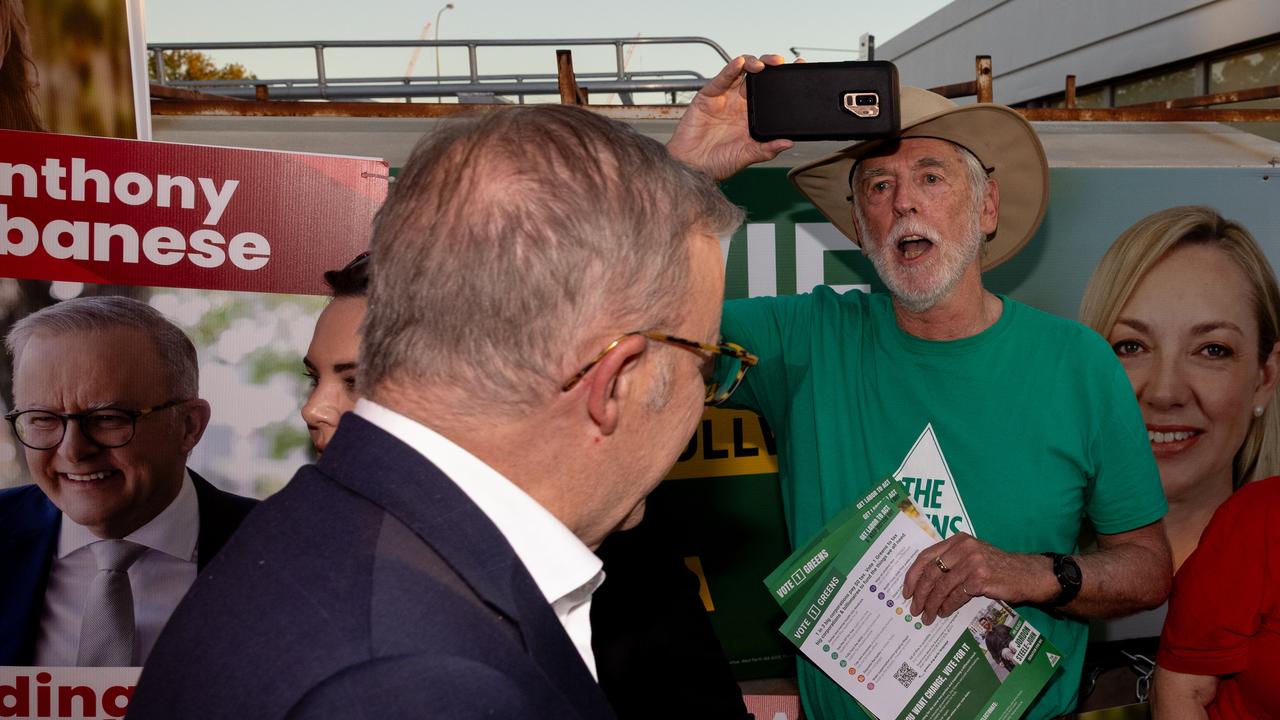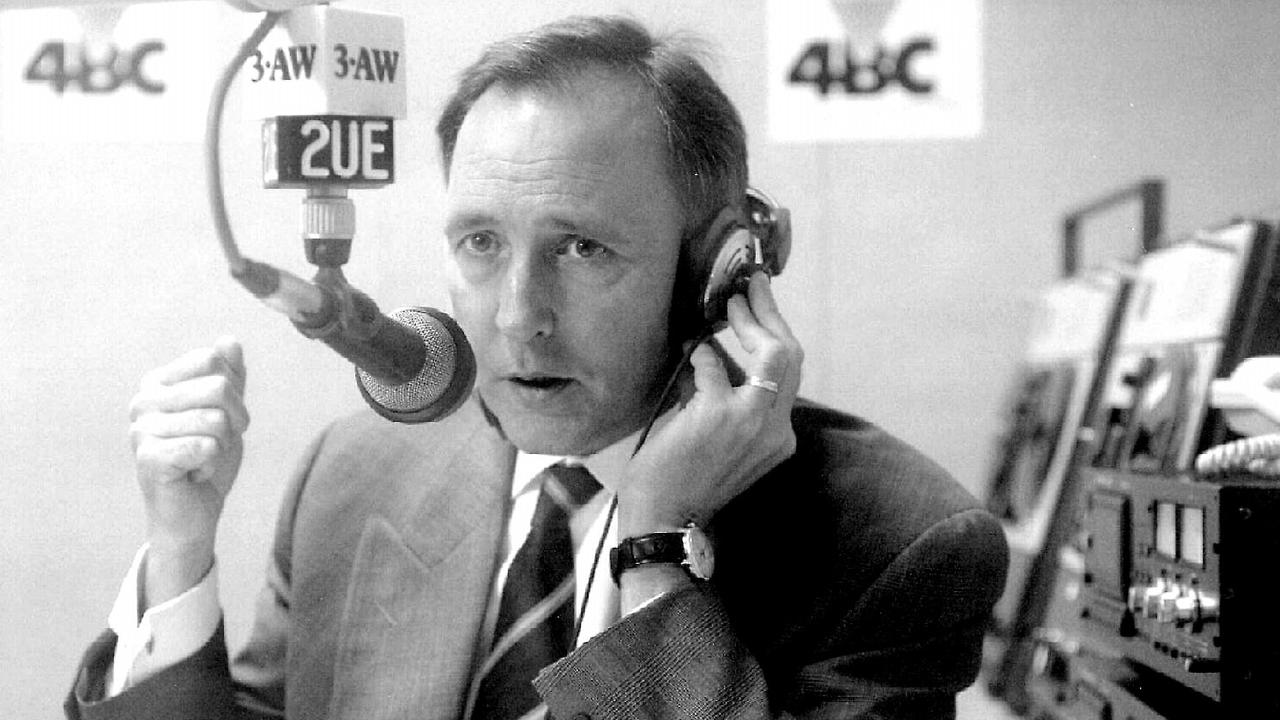Children entitled to their history
Adoption advocates overlook the fact the process strips children of their birthrights.
Soon, a popular soapie on commercial television, Neighbours, will contain a storyline promoting adoption. Actress Deborra-Lee Furness, from Adopt Change, recently announced her intention to direct a block of episodes to “tell the reality of what’s involved in adoption”. Furness, who has two adopted children with husband Hugh Jackman, says Australia has an anti-adoption culture, one she aims to change.
Some see the promotion of adoption as a noble cause because there are kids in the foster care system who need “forever homes”. It is certainly noble to provide a home for a needy child, providing that home is safe, loving and stable. It is not noble, though, for the system to strip a child of their true legal identity and the natural rights that all children have in exchange for it.
Unfortunately, stripping children of their rights is what our various state-based adoption systems do. Although official apologies have been given for the heinous practices of the past, the reality is the legal act of adoption remains unreformed. The system still treats children like chattels, with identities that can be terminated at the stroke of a pen.
An adoption act means the child loses their birth certificate and receives another, and so loses all legal connection to their family of origin. Adoption legally takes a child out of one family tree, puts them in another, and issues them a new identity to make this administrative rearrangement appear a biological fact.
While Adopt Change operates at the front end of the system, helping children into adoption, I operate at the back end, helping adults get out of it.
Crib Mates is not a registered charity; it doesn’t seek or accept donations. It is simply a little service I run through a Facebook page called Adoption Reversals.
To reverse an adoption costs about $15,000 through a solicitor and success is not guaranteed.
The legal profession lacks expertise and sensitivity in this niche area so, after my own self-represented adoption was reversed, I decided to assist others with forms, applications and court processes.
When people reverse their adoptions, they reclaim their true identities, have their original birth certificates restored, are placed back into their family trees and, as such, take back all the natural rights the adoption system removes.
In this first year of the service there has been joyous success and devastating failure, but one important win must be celebrated; via the story of the late William Hammersley-Ellis, who was granted his last wish by a benevolent judge.
William was adopted in 1954. His mother, 27 at the time, was going through a divorce and William was not the child of her husband. William’s adoption experience was not a happy one and he has written publicly about his terrible early experiences.
William tried to find his biological mother late in life and, when he did, received the sad news she was already dead.
In 2016 William featured in a short film called My Invisible Mother, by Pascal Huynh. It won several awards and a second documentary by the same filmmaker is planned, providing enough funds can be raised. William’s Will is the story of a gay man who questions his desire to adopt when his dying landlord (William), a 69-year-old adoptee with terminal cancer, tries to achieve his final wish by appealing to the court to have his own adoption reversed.
When I first spoke with William, he said he didn’t want to die as an adoptee, to “die being the person that the state made me”. He wanted to die “as the person I was born as, with my true name” and be able to “pass my true heritage on to my family”. In our application to the court, in consideration of William’s health, we asked the judge for a swift hearing.
On August 1 William’s wish was granted and his adoption was reversed. Sadly, he died soon after, but for a short time, for the first time, he was able to exist in his true identity: as the legal child of his birth mother and father, and related to everyone else through them.
He was issued with a certificate of discharge, and his birth certificate was recognised and reinstated with the names of both his parents.
On the day the reversal was granted, William posted on our page, “we won … it means I am no longer adopted, that I can live and die by my rightful name, that of my genetic parents. My birthright and all my future generations’ birthrights are now restored to their true identity, heritage and bloodline.”
Vale, William Hammersley-Ellis; it was a privilege to know you, may you rest in peace.
Furness is right; the Australian mindset is mostly against adoption. But, rather than trying to make us all accept an unpalatable system, it would be better to make the system palatable.
To make us adopt change, adoption must change first.



Adopt Change is a charity that promotes adoption and has received NSW government funding. It named this month “Yesvember” and held a National Adoption Awareness week campaign using the hashtag #a home for every child.